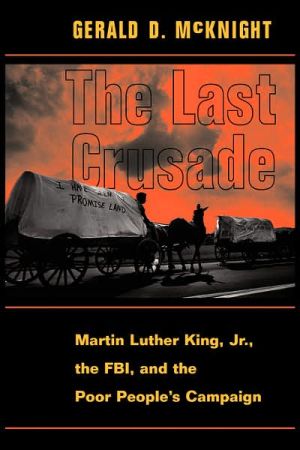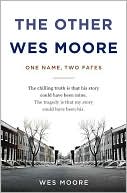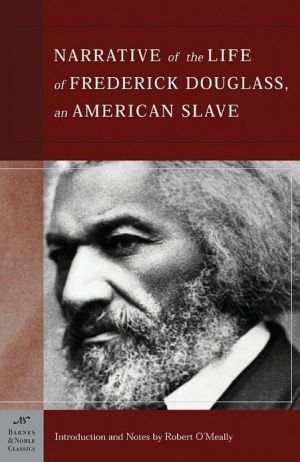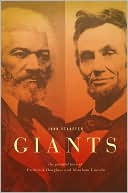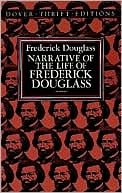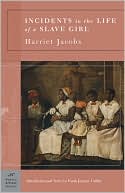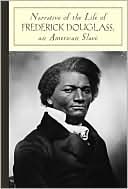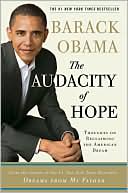The Last Crusade: Martin Luther King Jr., the FBI, and the Poor People's Campaign
In The Last Crusade, Gerald McKnight examines the Poor People’s Campaign, the last large-scale demonstration of civil rightsera America, and the systematic efforts of FBI director J. Edgar Hoover and his executive officers to subvert King’s ambitious effort to force the federal government to live up to its promises of a Great Society. The book also looks at King’s last days as he helped Memphis sanitation workers in their labor-cum-civil rights struggle with a recalcitrant and racist city...
Search in google:
"In The Last Crusade, Gerald McKnight examines the Poor People’s Campaign, the last large-scale demonstration of civil rights–era America, and the systematic efforts of FBI director J. Edgar Hoover and"Library JournalThis book by McKnight (history and political science, Hood Coll.) is less about King than about the fate of his last unfinished work, the "Poor People's Campaign" of 1968. While the Civil Rights community struggled on without its galvanizing leader, there were many active figures in J. Edgar Hoover's FBI arrayed against the campaign's success. McKnight claims FBI pressures contributed to the campaign's failure at least as much as any failure of substitute leadership in the movement.
\ Library JournalThis book by McKnight history and political science, Hood Coll. is less about King than about the fate of his last unfinished work, the "Poor People's Campaign" of 1968. While the Civil Rights community struggled on without its galvanizing leader, there were many active figures in J. Edgar Hoover's FBI arrayed against the campaign's success. McKnight claims FBI pressures contributed to the campaign's failure at least as much as any failure of substitute leadership in the movement.\ \ \ \ \ BooknewsThe Poor People's Campaign, the last large-scale demonstration of civil rights-era America, and the FBI's effort to subvert it are examined. The author also looks at King's last days as he helped Memphis sanitation workers in their labor-cum-civil rights struggle with a recalcitrant and racist city government. He shows the hidden, dark counterpoint to the accepted view of the campaign as self- inflicted failure<-->namely the triumph of the 1960s American surveillance state and its repressive power and flagrant violation of protected freedoms. Annotation c. by Book News, Inc., Portland, Or.\ \ \ Kirkus ReviewsA valuable spotlight on the "dark counterpoint" to the history of the civil rights strugglesthe government's racist spy and smear campaigns. In the 30 years since the Poor People's Campaign (initiated by Martin Luther King Jr. before his assassination) arrived in Washington, such an ambitious economic rights movement has come to be unthinkable. McKnight (History/Hood Coll.), in this economical account, tells the story of the campaign's brief rise and fall, with special attention to the FBI's extensive surveillance of it (as well as of all civil rights activities). But this isn't just a specialized study of the FBI operations; it functions handily as an account of the movement and of the contemporaneous Washington politics of poverty, precisely because both were so saturated by FBI activity. (For the benefit of law-and-order senator John McClellan, the FBI even spied on the Kerner Commission appointed by President Johnson to study the origins of urban riots.) McKnight clearly traces the evolution of J. Edgar Hoover's FBI spying and smear campaign against black leaders from its variation on the red-baiting theme to the creation of a "black menace" in its own right. The book is weakest in attempting to establish the actual contribution of FBI sabotage to the Poor People's Campaign's failure. As McKnight himself explains, congressional and presidential politics and the Southern Christian Leadership Conference's own decision to devote its efforts to running a shantytown in Washington doomed the campaign. But regardless of the surveillance's effect on the campaign's success, McKnight reveals it to have been, without much exaggeration, of a scope and intensity to rival the most accomplishedpolice states. Had the campaign not collapsed, it's hard not to imagine, after reading this, that the FBI would have tried its best to do the job itself.\ \
